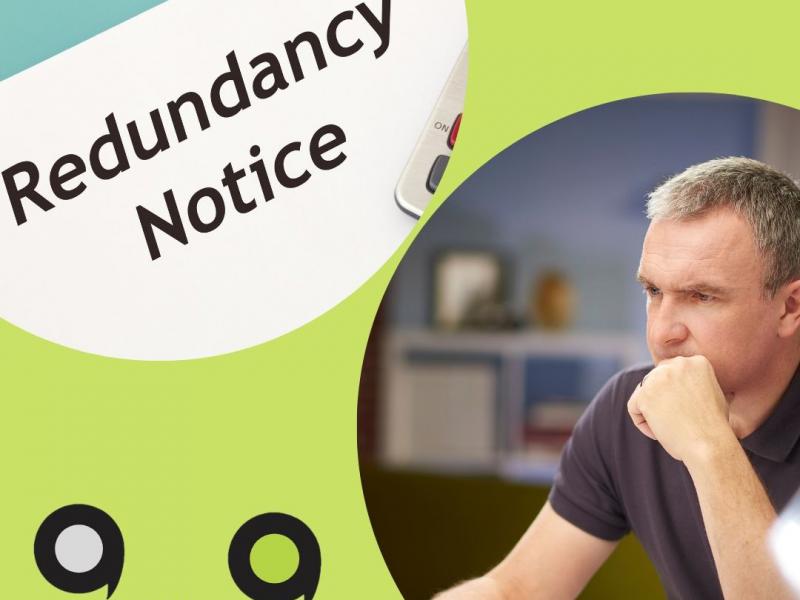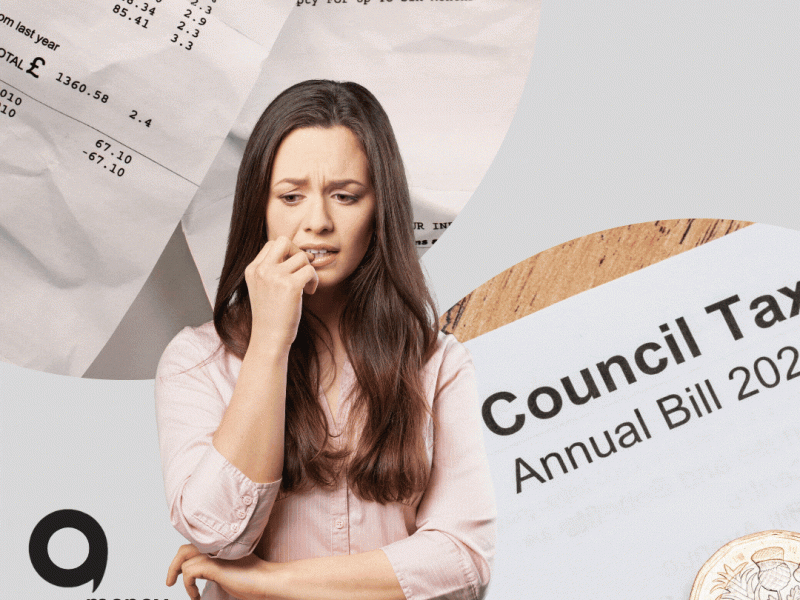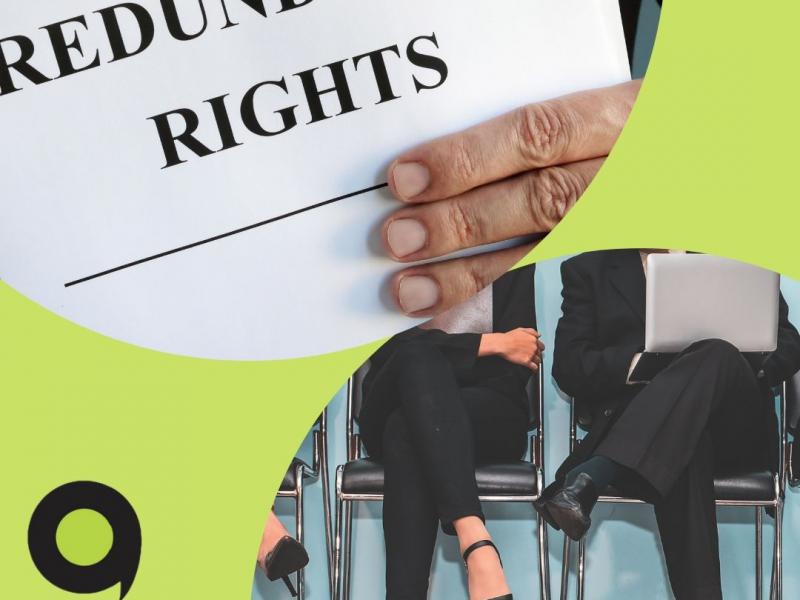
I am sorry to hear that you are currently out of work, and that you are struggling with debt. Many people are finding themselves in a similar position just now.
You don’t need to deal with this alone, and it is good that you have reached out for support.
Understanding Debts
Priority Debts – It is important that we get priority debts under control first, including mortgage or rent, council tax, energy costs, court fines, TV License, and Child Maintenance.
Not dealing with these types of debts as a priority can cause several potential legal problems, such as eviction from rental properties, repossession of property if you own your home, disconnection of service, fines, and even imprisonment in some cases.
Non-Priority Debts – There are other debts which are often classified as ‘non-priority’, but still require our attention, including credit cards, personal loans, overdrafts, catalogue debts, and personal debts to friends and family.
Creditors for non-priority debts can go through legal processes to recoup the money that you owe, including taking you to court, so it is also important to ensure that we pay attention to these debts and avoid burying our heads in the sand.
Negotiation is Key
Many creditors, including mortgage lenders are willing to work with you to help you to get back on track, with various options out there for people who are struggling due to a loss of employment.
By negotiating with the people or companies that we owe money to, we can often get more breathing space, with option including payment holidays, flexible repayment terms, or the freezing of interest or fees.
There are organisations who can do this on your behalf, including moneyadvice.scot.
Thinking About Income & Expenditure
As well as assessing the types of debt that we have and amounts that we owe, it is important to look at our expenditure, making changes in certain areas where possible.
When we have considered reducing our regular expenditure, we can then look at maximising, or increasing our income. Because you have been made redundant, you may be entitled to certain benefits.
Approximately half a million people across Scotland are not claiming the financial support they are entitled to.
Potential Solutions
Sometimes, just talking things through and having a plan can help get us back on track. There are a variety of solutions that can help if you are struggling with debt or have concerns about your finances. This could be an informal plan, or a more formal debt solution such as a Trust Deed or other form of insolvency.
There are sources of support that can help you with your current circumstances.
Sources of Support
Advice Direct Scotland run moneyadvice.scot, providing free information and support on a wide range of debt-related issues.
Our specialist debt advisers can work with you to assess your current situation, look at your income and outgoings, and consider what to do next.
I hope this helps, and you get back on track with your finances.
moneyadvice.scot can also work with you to ensure you are receiving all of the support you are entitled to, using Advice Direct Scotland’s benefits calculator, which also looks at entitlement to Scottish devolved benefits.
You can contact specialist debt advisers at moneyadvice.scot by calling 0808 800 9060, or for more information, visit www.moneyadvice.scot.



